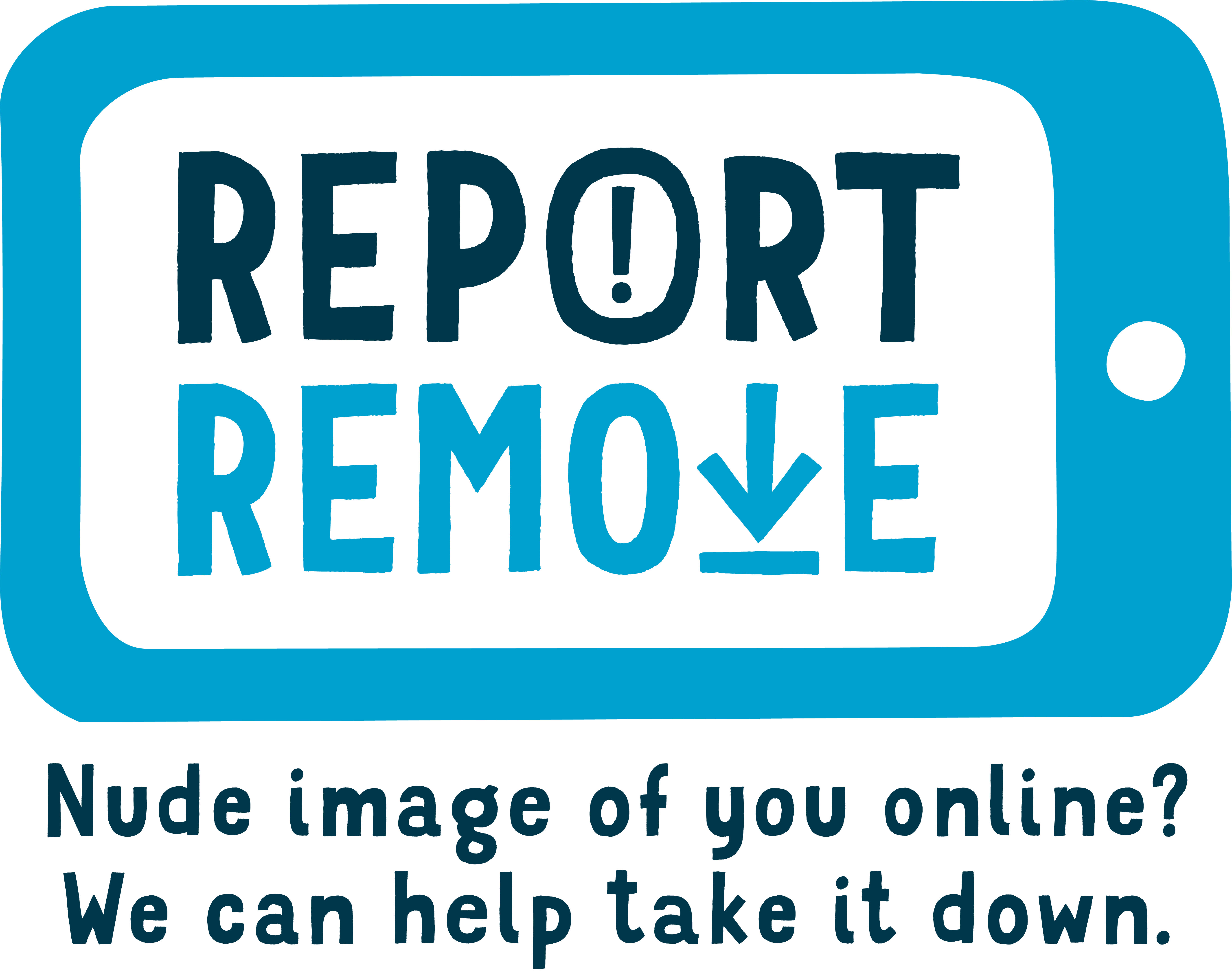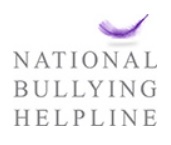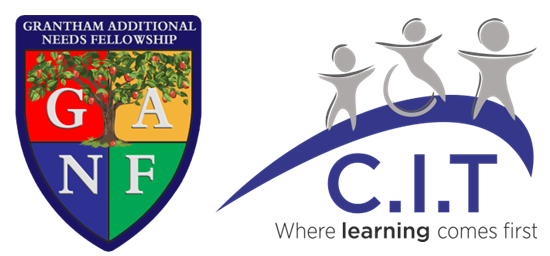E Safety for Pupils
The internet can be an amazing place to chat to friends and talk to people that you are not able to visit or spend your free time with. It can also be a valuable place to enhance your learning and discover new skills and join new clubs or activities easier.
In this amazing and huge new world that is changing and growing at such a rate, it is also important for you to understand how to protect yourself and stay safe while you are on line.
At the bottom of this page are some links to pages that offer some valuable advice to any questions that you may have and can help you understand some of the latest threats and trends across the internet, especially with your social media. Also, where to go or who to contact if you have any worries.
Remember, if something does not feel right or makes you feel concerned or worried then do not hesitate to speak to someone. At GANF you can speak to any staff member, but if you are concerned about talking to them then click on the links below and reach out to one of the agencies for support.
Here are 10 top tips for staying safe online:
1) Don’t post any personal information online – like your address, email address or mobile number.
2) Think carefully before posting pictures or videos of yourself. Once you’ve put a picture of yourself online most people can see it and may be able to download it, it’s not just yours anymore.
3) Keep your privacy settings as high as possible
4) Never give out your passwords
5) Don’t befriend people you don’t know
6) Don’t meet up with people you’ve met online. Speak to your parent or carer about people suggesting you do
7) Remember that not everyone online is who they say they are
8) Think carefully about what you say before you post something online
9) Respect other people’s views, even if you don’t agree with someone else’s views doesn’t mean you need to be rude
10) If you see something online that makes you feel uncomfortable, unsafe or worried: leave the website, turn off your computer if you want to and tell a trusted adult immediately.
Here are 10 top tips for using your mobile phone or device safely:
1) Remember if you are being bullied it isn’t your fault and there is nothing so awful that you can’t speak to someone about it. Talk to a trusted adult at home or at school.
2) Don’t reply to any nasty messages you receive.
3) Don’t reply to a text from someone you don’t know.
4) Keep the messages you have been sent so you can show them to a trusted adult and make a note of the time and date of the messages or calls you receive.
5) Don’t answer calls from withheld numbers or numbers you don’t recognise, let it go to voicemail.
6) Block numbers from people who are sending you nasty messages.
7) If you are bullied repeatedly can change your number.
8) Don’t give your mobile number to someone you don’t know.
9) Don’t send pictures to someone you don’t know.
10) If the problem is serious you can report it to the police, the Safeguarding team or Child Line.
Cyberbullying
Cyberbullying is when someone uses technology, like the internet or a mobile phone, to deliberately hurt, humiliate, harass, intimidate or threaten someone else. It is different from bullying at school or in the community because it can happen at any time of the day or night and it may feel like you can’t get away from it. This may leave you feeling scared and unsafe at home.
Here are 10 top tips for if you think you or somebody else is being bullied online:
1) Tell an adult you trust if you are being cyberbullied
2) Don’t respond or retaliate to bullying messages – it could make things worse
3) Block users who send you nasty messages
4) Save abusive emails or messages (or texts) you receive
5) Make a note of dates and times you receive bullying messages, as well as details you have of the user’s ID and the URL.
6) Don’t pass on any cyberbullying videos or messages – this is cyberbullying
7) If you are bullied repeatedly change your user ID, or profile, and use a name that doesn’t give any information away about you
8) Visit bullying.co.uk – this is a website where trained counsellors can support you if you are being bullied, either by chatting online or by calling their free helpline. You can also find some top tips on how to stay safe – http://www.bullying.co.uk/
9) You can talk to someone at Child Line or get online safety advice at http://www.childline.org.uk/talk/Pages/Talk.aspx
10) http://www.thinkuknow.co.uk/ is another very useful website for children and young people staying safe online.

Visit the links below for support and guidance on how to stay safe online:

Childline
You can contact Childline about anything. Whatever your worry, it’s better out than in. We’re here to support you.

Childline: REPORT REMOVE: REMOVE A NUDE IMAGE SHARED ONLINE
Report Remove is here to help young people under 18 in the UK to confidentially report sexual images and videos of themselves and remove them from the internet.

UK Safer Internet Centre
Games, quizzes, films and advice to help you get the most out of the internet while staying safe online.

Childnet
Support, guidance and advice on a wide range of online safety issues and topics.

CEOP
Information and advice to keep yourself safe online. Resources to help protect children and young people from online child sexual abuse.

NSPCC
Understanding online safety is tricky for all ages. We have advice to help you learn about staying safe online as a family.

National Bullying Helpline
Cyberbullying – Information and advice for victims of online bullying or harassment







